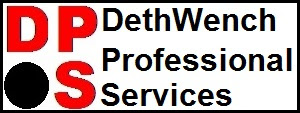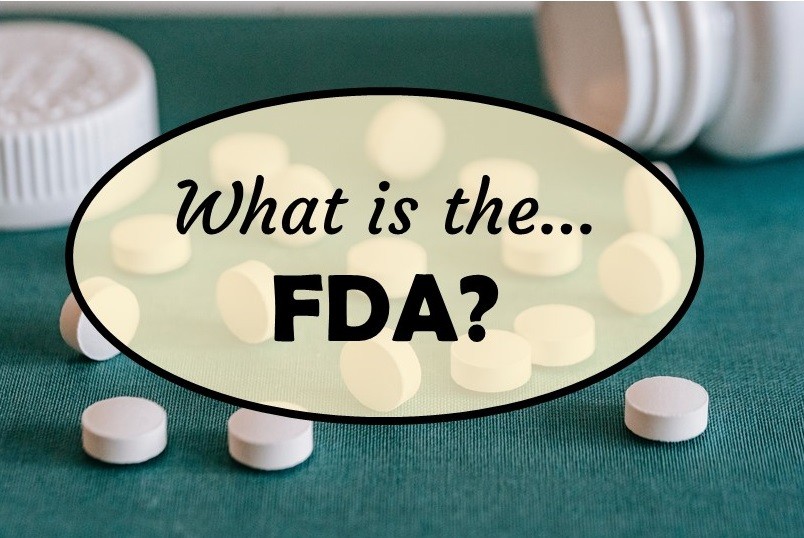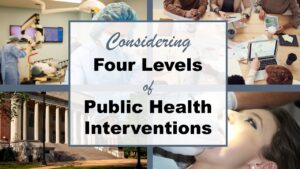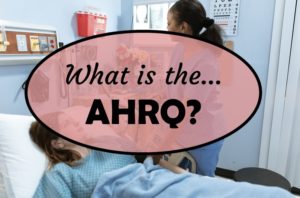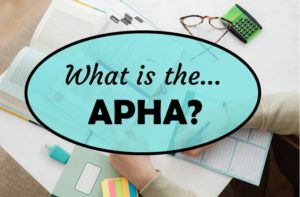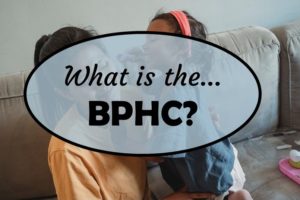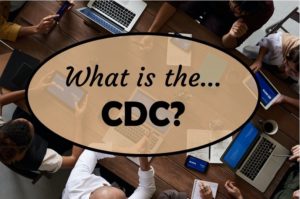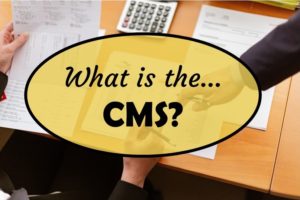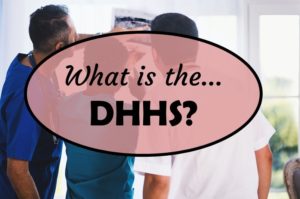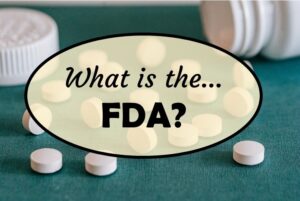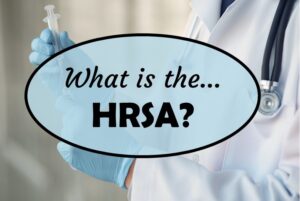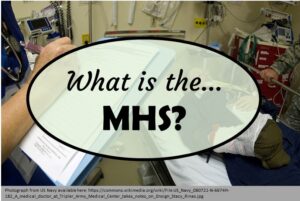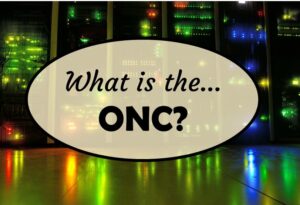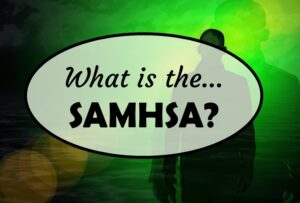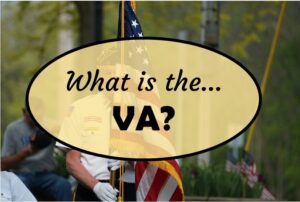“What is the FDA?” is not a question most people ask, because everyone sort of understands it’s the “food and drug” administration. But when you realize that it’s not particularly obvious what is and what is not a “food” or a “drug”, you realize there is some devil in the details of the answer to the question, “What is the FDA?”.
What is the FDA?
In the United States (US), the Food and Drug Administration (FDA) regulates the following categories of products, as listed on their home page:
- Food
- Drugs
- Medical devices
- Radiation-emitting products
- Vaccines, blood and biologics
- Animal and veterinary
- Cosmetics
- Tobacco products
What does the FDA do?
To have any of these products approved by the FDA, you have to develop and submit applications about the products, and then the FDA reviews them and decides whether or not to approve them. This is especially difficult with drugs. If you want to study a new drug, you have to get what’s called an IND (investigational new drug) approval before you can test it.
The FDA is also where you go to complain about products they have approved but you think are not performing well. The FDA will issue new guidance regarding side effects of drugs that are found out after approval, for example. Businesses are not supposed to sell unapproved items in the categories the FDA covers, but there are a lot of devils in those details as well. A common issue is marketing natural substances as having some sort of clinical effect – but they aren’t approved as drugs by the FDA. And they aren’t really drugs. Is saying chamomile tea makes you sleepy a claim about a drug? There are a lot of situations in which it’s not clear what sort of oversight is supposed to happen by the FDA.
My Take on the FDA
In my blog posts in this series, I finger a few agencies as being “deliberately underfunded”, and the FDA is one of them. When an agency is deliberately underfunded by US congress, it is because they really don’t want the agency doing oversight. Why would that happen? Well, these congresspeople get a lot of donations to their campaigns from Big Pharma, and they can’t really afford to lose that money. So in general, over my entire lifetime, I have seen congress keep the FDA as weak and toothless as possible.
When you think about it, we have similar regulatory bodies like the US FDA in Canada and Europe. So, if those groups approve a drug, it’s probably okay. Why do we even need the US FDA to do much oversight? They can just copy what Canada and Europe do. Part of the problem with the FDA is that it requires a higher standard for approval of drugs, and that makes the drugs tremendously expensive.
It also gives congress an excuse for letting Big Pharma charge Americans an arm and a leg. A RAND study in 2018 found that people in the US pay 2.5 times more for prescription drugs than the comparison countries they had in their research. The US does not do cost-control at the federal level for drugs because there are laws against it.
So when we ask, “What is the FDA?”, I think of it as just another co-opted agency in the oligarchy of the medical-industrial complex in the US. I really do not see the FDA protecting us from the onslaught of drugs we take in the US (or their prices) anytime soon.
Revised banners July 11, 2023. Revised Banners May 31, 2024.
Read all the public health alphabet soup posts, and learn about the public health landscape!
Can you name categories other than “food” and “drugs” that are regulated by the FDA in the US? Read this blog post to learn what they are, and what the FDA does in the US.
